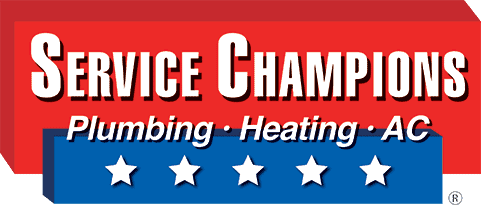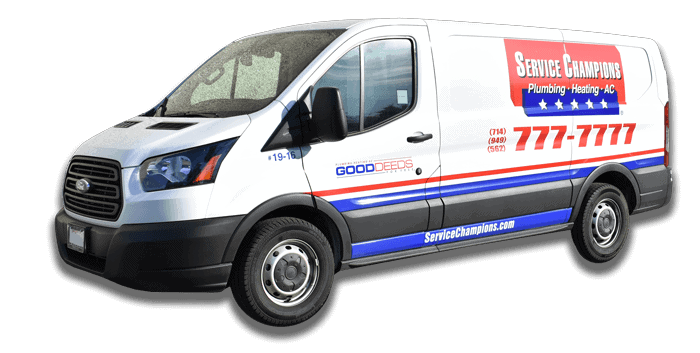When Is Fire Season in California? Here is Everything You Need to Know
Summary
If feels like at any time, a wildfire can happen in Orange County and cause significant smoke pollution, damage, or worse. While the summer still has a majority of wildfires, we need to be prepared for fire season in California.
As Californians, we are usually prepared for seasonal wildfires during the summer months, which is when fires were at their worst. However, we’re starting to see the wildfires all throughout the year.
If feels like at any time, a wildfire can happen in Orange County and cause significant smoke pollution, damage, or worse. While the summer still has a majority of wildfires, we need to be prepared for fire season in California.
Prepare the Outside of Your Home
Move Flammable Objects 30+ Feet Away from the Home
Flammable objects should always be moved at least 30 feet from your home if the threat of fire is close. This includes wood piles, oil and gas cans, propane tanks, and power equipment. Furniture and toys can be kept closer, however, be prepared to move them if a fire is nearby.
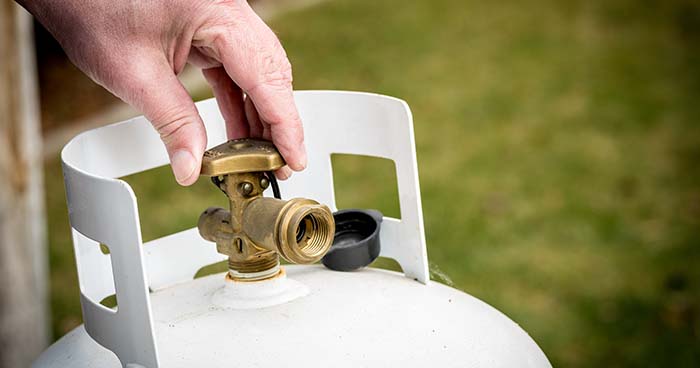 Clean and Maintain the Gutters
Clean and Maintain the GuttersStrong summer winds can throw organic debris, like leaves, sticks, and other objects, into your home’s gutters. This dry material is incredibly flammable and could be dangerous if it’s not addressed. Keep these areas clean throughout the year to reduce the risk of a fire from wildfire embers, fireworks, or any other flammable debris.
Keep Flammable Vegetation 5+ Feet Away from the Home
Some flammable vegetation, including herbs and ornamental grasses or mulch, should be kept at least 5 feet from your home. Though all plants are relatively flammable, some greenery can be replaced with fire-resistant plants that offer a privacy screen.
Trim Your Trees and Shrubs
Trees and shrubs with branches that overhang on the roof or chimney present a fire risk. Keep your large plants trimmed throughout the year to avoid a rush during a wildfire. You should also trim trees so that they don’t interfere with power lines.
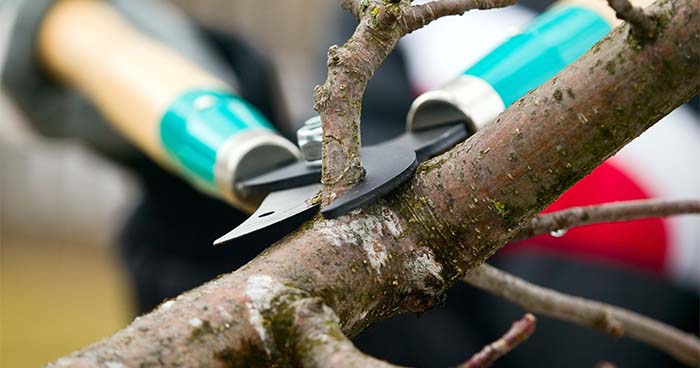 Keep Grass Short
Keep Grass ShortYour lawn should be well watered and short to prevent it from drying out and increasing your risk of fire. If you’re conserving water, be sure to keep your grass tidy and short. This will reduce the risk of your grass becoming an inferno.
Prepare the Inside of Your Home
Close the Fireplace Flue
A fireplace flue allows smoke and pollution an escape when you have a lit fire going. With wildfires, make sure you close the flue to prevent smoke, embers, and any other material from getting in through the chimney.
Mind Your Indoor Air Quality
Indoor air quality is difficult to maintain during a wildfire with heavy smoke. Avoid making it worse by burning candles, lighting cigarettes or cigars, burning incense, or cooking with certain oils and spices.

Seal and Weatherstrip the Windows
Windows with poorly maintained seals or weatherstripping allow clean air to escape and polluted air to enter. Seal and weatherstrip your windows, including any cracks or crevices. This will ensure no smoke can make it into your home.
Consider a Portable Air Cleaner
A portable air purifier or high-efficiency HVAC filter, like a HEPA filter, helps you maintain your indoor air quality, especially during wildfires. Speak to your HVAC technician to choose the right model for your home. An air purifier can also help keep your home’s air fresh and pure throughout the entire year.
Regularly Check and Change Your Air Filter
Your HVAC system should have routine maintenance to keep it running smoothly and efficiently. A routine tune-up includes a regular inspection of your system and replacement of your air filter. You can change an air filter on your own but be sure to schedule routine maintenance and tune-ups from a qualified technician.
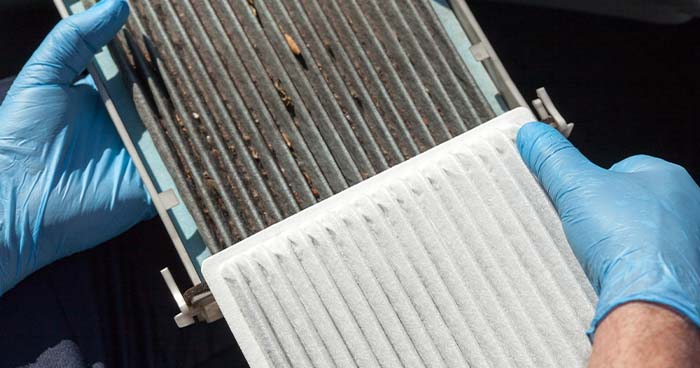
Use an Air Filter with a High MERV Rating
All air filters have a MERV rating, this rating will determine how strong the filter is. A MERV 13 or greater are excellent for keeping smoke particles out of your home. Consider whether you can upgrade to a MERV air filter to prepare for wildfire pollution.
Make Sure Your HVAC System Is Set to “Recirculate” or Close the Fresh Air Intake
Central HVAC systems may have a fresh air intake that can allow smoke pollution to get inside. Learn how to close your fresh air intake and put the system in recirculate mode. This is similar to the recirculate feature in your car.
Stock Up on N95 Masks
N95 masks should be part of your emergency provisions for wildfires. You can stock up on N95 masks from local drugstores and hardware stores. Make sure you have enough for your family and some extras just in case.

Make a Family Plan
Sign Up for Local Emergency Alerts
Local authorities will broadcast warnings and alerts to keep you aware of the air quality, evacuation alerts, and health risks during a wildfire. Sign up for alerts on your phone or social media and learn which channels to check during a wildfire to stay aware.
Establish a “Safe Place”
A safe place or clean room in your home should be ready for a wildfire. Choose a room with few windows or doors, no fireplace, and minimal access to the outdoors. Keep a portable air filter and some provisions inside if you have to go to the room in an emergency.
Make a “Go Bag”
Your “go bag” should have important documents, such as personal records and financial documents, that you may need to have with you if you evacuate. You should also include some extra clothing, medication, and anything else you may need in an emergency.
Don’t Forget Any Pets
Your evacuation plan should include details on how you will evacuate your pets in an emergency. Keep records and medications for your pets in your go bag as well.
How Long Does Fire Season in California Last?
Fire season is now all year in California. Though it still happens more frequently in summer, Californians need to prepare for sudden wildfire activities at any time.
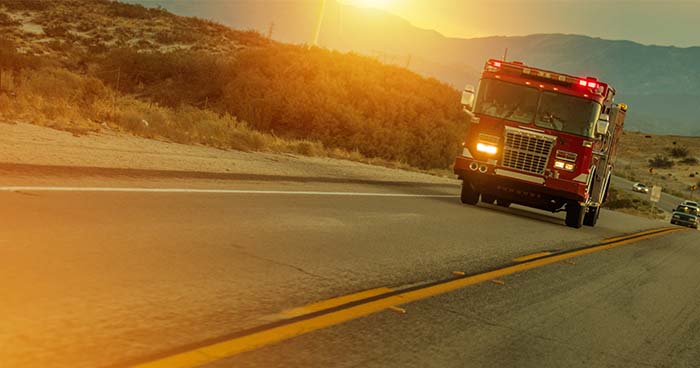
Service Champions can help you prepare your home and HVAC system for wildfires. Contact us today to schedule an appointment!
